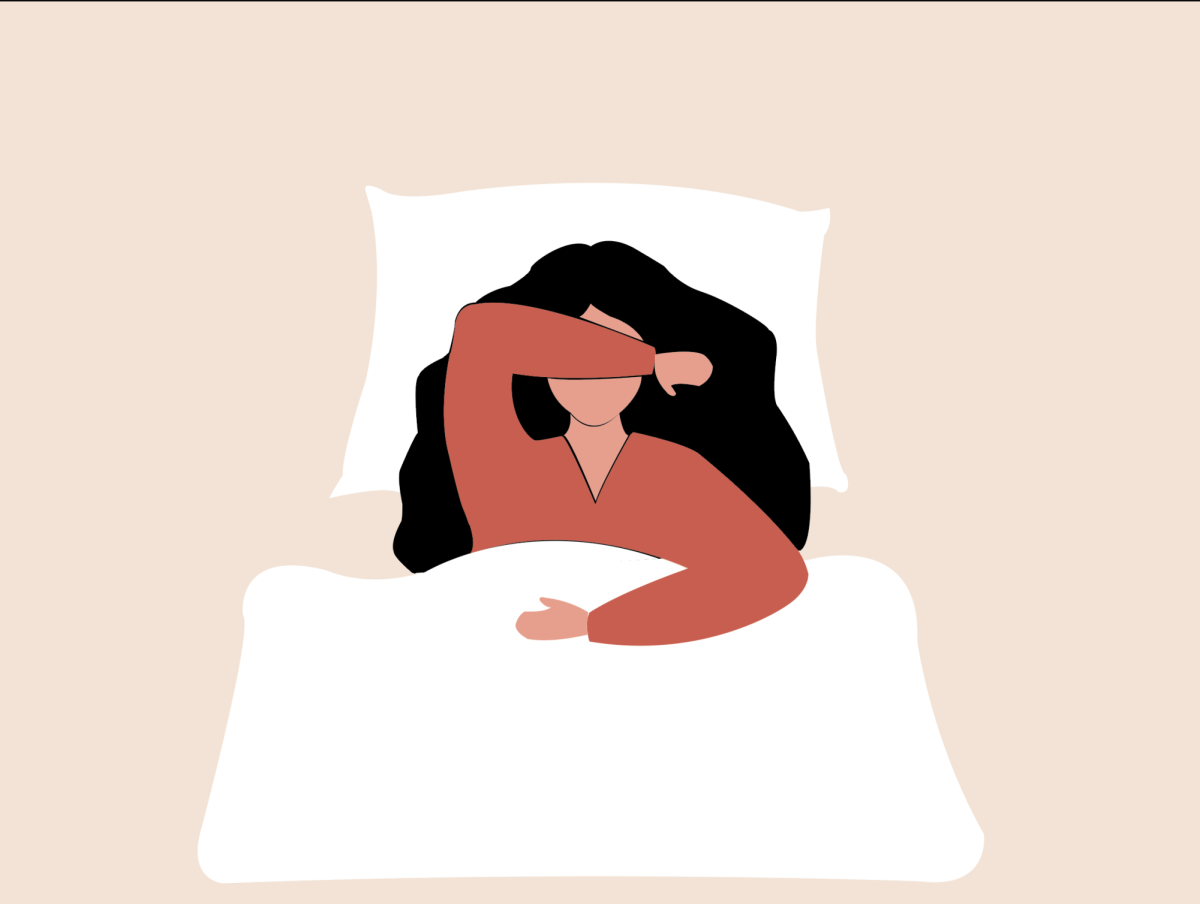In the whirlwind of academic pressures, extracurricular commitments, and social life, sleep often becomes a casualty for high school students. The consequences of sleep deprivation among students can be profound and far-reaching, impacting both academic performance and overall well-being. The National Sleep Foundation recommends that teenagers aged 14-17 should aim for 8-10 hours of sleep per night. However, many high schoolers fall short of this target, grappling with late-night study sessions, early morning classes and the pull of digital distractions. The consequences of sleep deprivation on academic performance are undeniable. Fatigue impairs concentration, memory retention and cognitive function, hindering students ability to learn effectively and excel in their studies. In fact, research has shown a clear correlation between insufficient sleep and lower academic achievement. Beyond academics, the toll on physical and mental health is equally concerning. Sleep deprivation during adolescence has been linked to a plethora of health issues, including obesity, weakened immune function, and an increased risk of mental health disorders such as depression and anxiety.
So, what can be done to address the sleep struggle among high school students? To start, education is key. Students, parents and educators must be made aware of the importance of prioritizing sleep and its impact on academic success and overall health. Schools can play a pivotal role by implementing later start times to accommodate teenagers natural sleep-wake cycles, known as circadian rhythms. Circadian Rhythm is an internal clock that regulates sleep in response to the change in our environment. Research has shown that delaying school start times can lead to improved academic performance, reduced absenteeism and better mental health outcomes for students. In conclusion, the sleep struggle among high school students is a pressing issue that demands attention and action. By prioritizing sleep as a fundamental aspect of adolescent health and well-being, we can empower students to thrive academically, emotionally and physically. After all, a well-rested student is a student poised for success in all aspects of life.









